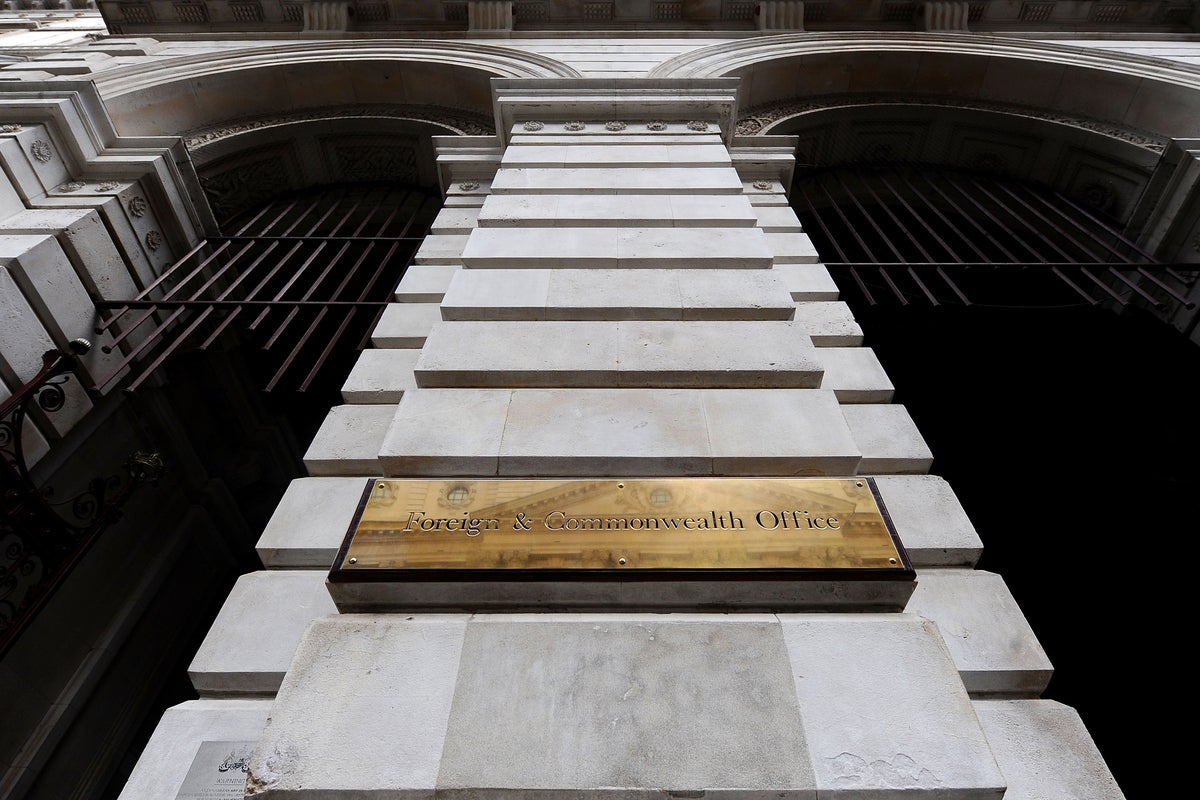
Sir Keir Starmer’s plans to increase defence spending by cutting overseas aid will undermine Britain’s national security, a parliamentary committee has said.
MPs raised concerns in a new report that slashing the development budget will “continue to lead to unrest and further crises in the future” and will have “devastating consequences” across the world.
The Commons’ International Development Committee (IDC) said hiking defence spending “at the expense of the world’s most vulnerable” would threaten not only the UK’s soft power “but also its national security”.
In February, the Prime Minister unveiled plans to reduce aid spending to 0.3% of national income to fund the biggest rise in defence spending since the Cold War.
The cut followed the previous Tory government’s move to slash the development budget to 0.5% of national income from 0.7%.
In a report published on Wednesday, the IDC said development minister Baroness Chapman had repeatedly stressed protection for humanitarian assistance spending in letters to the committee, with a promise that Britain “will remain a leading actor”.
But it added: “Whilst the committee are glad that humanitarian spending on those in desperate need of aid will be prioritised, particularly in the regions of Ukraine, Gaza and Sudan, we are concerned that slashing development aid will continue to lead to unrest and further crises in the future, presenting a threat to UK security.”
The committee warned that repeated cuts to aid in recent years had not only disrupted programme delivery and limited the long-term value for money of Foreign Office work but “harmed” Britain’s global reputation.
Such instability also undermines trust with partners and risks worse outcomes for those most in need, the cross-party group of MPs said.
It concluded: “The UK’s planned reduction of ODA (official development assistance) from 0.5% to 0.3% of gross national income will have devastating consequences across the world.
“The committee recognises that increased defence spending is needed and is to be welcomed.
“However, to do this at the expense of the world’s most vulnerable undermines not only the UK’s soft power, but also its national security.”
The committee also expressed disappointment in the Foreign, Commonwealth and Development Office’s approach to value for money, which it said the department currently defines in terms of value to the taxpayer, not improving the lives of those in poverty.
IDC chairwoman and Labour MP Sarah Champion warned the department must take action to shift its focus, as well as to “wipe out waste” and ensure money is spent on making a difference.
While the FCDO is “broadly hanging on” to the reputation of the former Department for International Development as a “world leader” in value for money it “must make urgent improvements”, she said.
“The savage aid cuts announced this year are already proving to be a tragic error that will cost lives and livelihoods, undermine our international standing and ultimately threaten our national security. They must be reversed,” Ms Champion said.
“Value for money is critical to making the most of a shrinking aid budget. While this report finds some positives, the Government must take urgent action to wipe out waste and ensure the money we are still spending makes a genuine difference.”
The Prime Minister earlier this year defended the cuts in order to boost defence as “necessary for the protection of our country” amid fierce criticism from aid organisations which argued the move was short-sighted.
Timothy Ingram, head of advocacy at WaterAid, echoed the IDC’s concerns, arguing that aid when delivered effectively is “an investment in a safer and more prosperous world”.
“The UK Government’s decision to cut the aid budget was one that defied both logic and humanity,” he said.
He said it would have “long-term consequences for the UK’s stability, economy and global standing.”
An FCDO spokesperson said: “As the International Development Committee’s report finds, the FCDO continues to be recognised as a leader in achieving both value for money and transparency for the public on UK aid spending.
“Every pound of the aid budget must deliver both for UK taxpayers and the people we support. Those two objectives will always go hand in hand.
“That’s why we’re focusing our efforts where they have the biggest impact against our priorities, such as supporting vaccine programmes through Gavi, which protects millions, and helping people caught in crises – because tackling global threats helps keep us all safer.”
